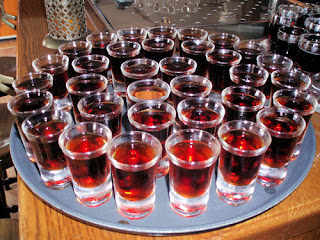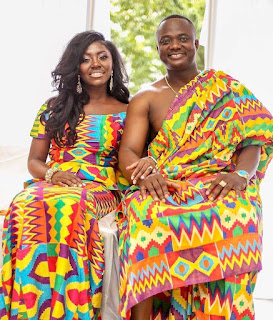mauritanie weddings
Marriage. Marriages usually are arranged, especially the first marriage. Illiterate rural individuals have less choice than do people with a modern education. People tend to marry for the sake of their parents and community and usually marry within their community and clan. There is a lot of marriage between cousins, but it is not permissible to marry someone with whom a person has shared breast milk. When it is discovered that a husband and wife shared milk earlier in life, they are obliged to divorce even if they have children. Muslim women are not allowed to marry non-Muslim men, but Muslim men can marry Christian or Jewish women. Polygyny is allowed, but polyandry is forbidden. According to the prevailing value system, all adults must marry and have many children but it is not unusual to find unmarried women, particularly among the white Maurs.
Economic aspects of marriage are very important. Men are responsible for the economic sustenance of their wives and for brideprice, along with lavish gifts to the parents, relatives, friends, and associates of their wives. Divorce is not common, especially in the black communities. Couples are allowed to divorce twice, and the third divorce is final. If divorce is the fault of the man, the wife keeps the brideprice. According to tradition, children follow the father, but small ones remain with the mother and the husband is obliged to support her and the children until they grow up.
Domestic Unit. The basic household unit consists of a husband and his wife or wives plus their children and the family of the husband, but household units in urban centers are getting more compact. The man has authority in the household because the couple lives with his kin and he is normally older and richer than the wife. Even though the household is an extended family, tasks are sharply divided according to gender and age.
Inheritance. Inheritance is based on Islamic law and local "economic calculation." When male and female relatives are equally close to the deceased, the male relatives gets a double portion. Because the woman joins her husband's family, she often is pressured to renounce her inheritance, especially if it consists of land. All kinds of property including slaves are inheritable by relatives. Sometimes a man inherits the wife or wives of his brother because the family wants to keep the children and property within the household.
Kin Groups. In this extremely traditional society, belonging to a group is very important, and the larger the group, the better. People use clan names rather than family names. When the climate and economic conditions allow it, larger kin groups form a village or neighborhood. Clan members interact by sharing land and engaging in interclan marriage. The male leader, normally the oldest and "most competent" man, manages communal property and affairs.




Commentaires
Enregistrer un commentaire